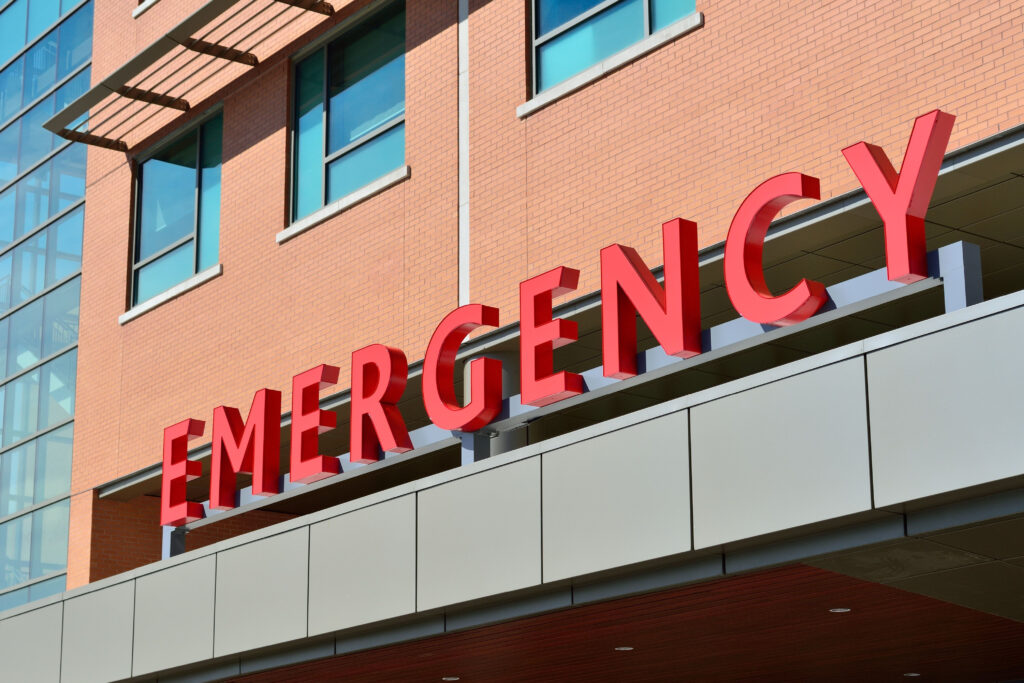Top Tips For Gas Safety
This week is gas safety week! Take a look and make sure you follow these simple steps to help keep you safe and warm in your home.
Check your welcome packs for the gas records.
Your welcome pack will have paperwork on installation, maintenance and safety checks for all their gas appliances and pipework.
You want to see that a registered engineer has serviced and safety checked all gas appliances (cookers, boilers and gas fires) within the last year.

Get an expert in.
Annual maintenance – find an approved engineer on the Gas Safe Register, which is the official list of businesses that can carry out gas work, to do your yearly gas safety check.
Or you can call 0800 408 5500 to book a gas engineer from the Gas Safe Register.

If it looks dodgy, don’t use it!
Does something look off with a gas appliance?
Stay on the safe side and don’t switch it on until you’ve had it checked by an expert.
Keep an eye out for lazy yellow flames, black marks or sooty stains around the appliance, as well as extra condensation and faulty pilot lights.
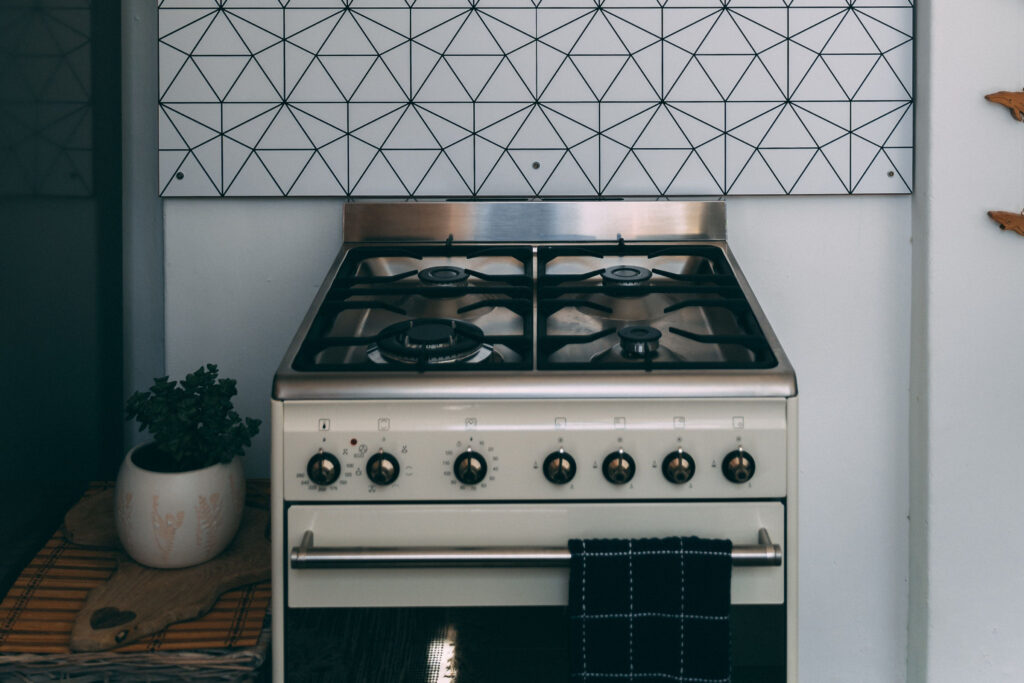
Use a Gas Safe registered engineer.
Always make sure you use a credible engineer by heading over to the Gas Safe Register website.
Each engineer that’s qualified to do gas work will have a Gas Safe ID card. It sets out which types of gas work they’re allowed to do, as not all engineers can do all types of work.
You can also ask to see an engineer’s card when they turn up to make sure they’re fit for the job.
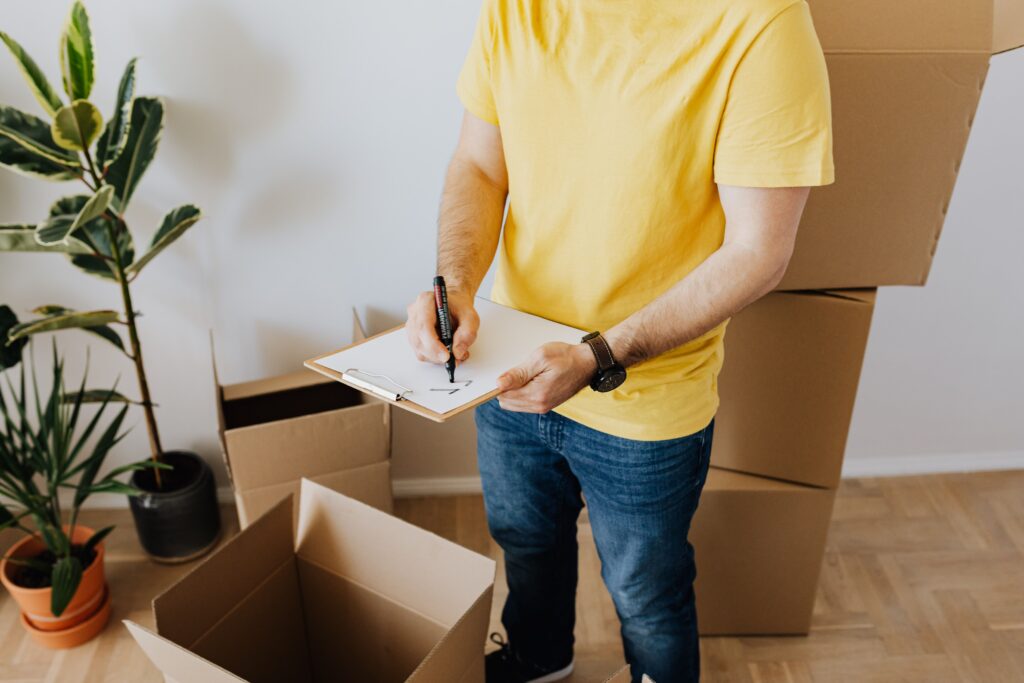
Check and service your appliances every year.
The general rule of thumb is to have your gas appliances checked once a year.
An engineer will look at your pipework and make sure it’s all secure. It takes about 30 minutes for them to check everything over, so you can have peace of mind for another year.
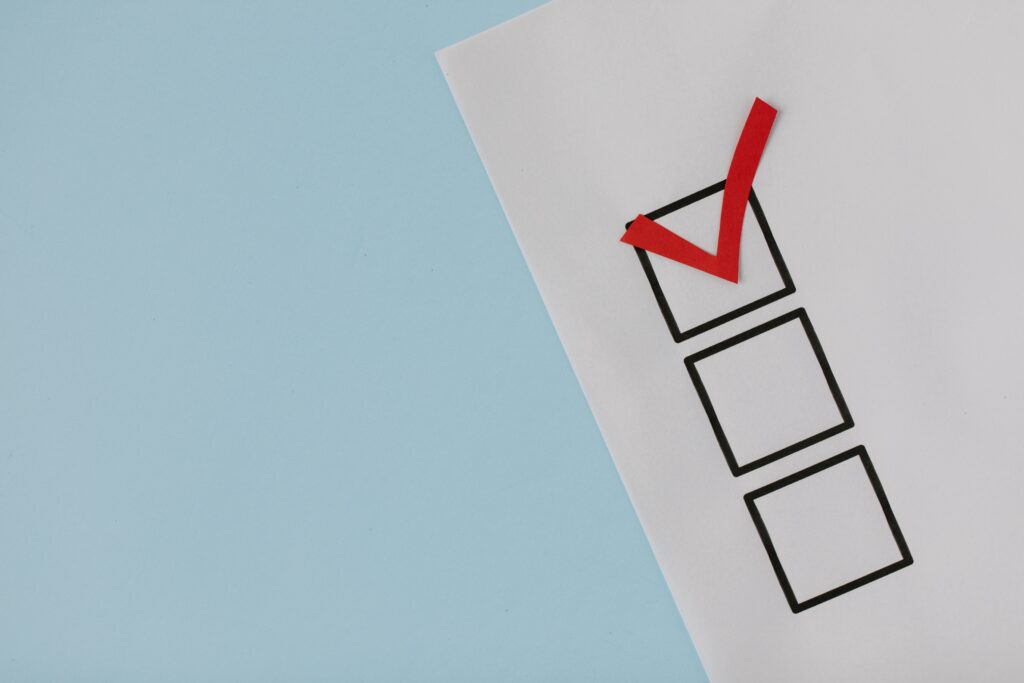
Find out where the Emergency Control Valve is.
An Emergency Control Valve is a safety mechanism which connects your gas meter to the gas mains supply.

Know the six signs of carbon monoxide (CO) poisoning.
Headaches, dizziness, breathlessness, nausea, collapse and loss of consciousness. Unsafe gas appliances can put you at risk of CO poisoning, gas leaks, fires and explosions.
Each one of our properties have a carbon monoxide alarm installed and these should be tested regularly.
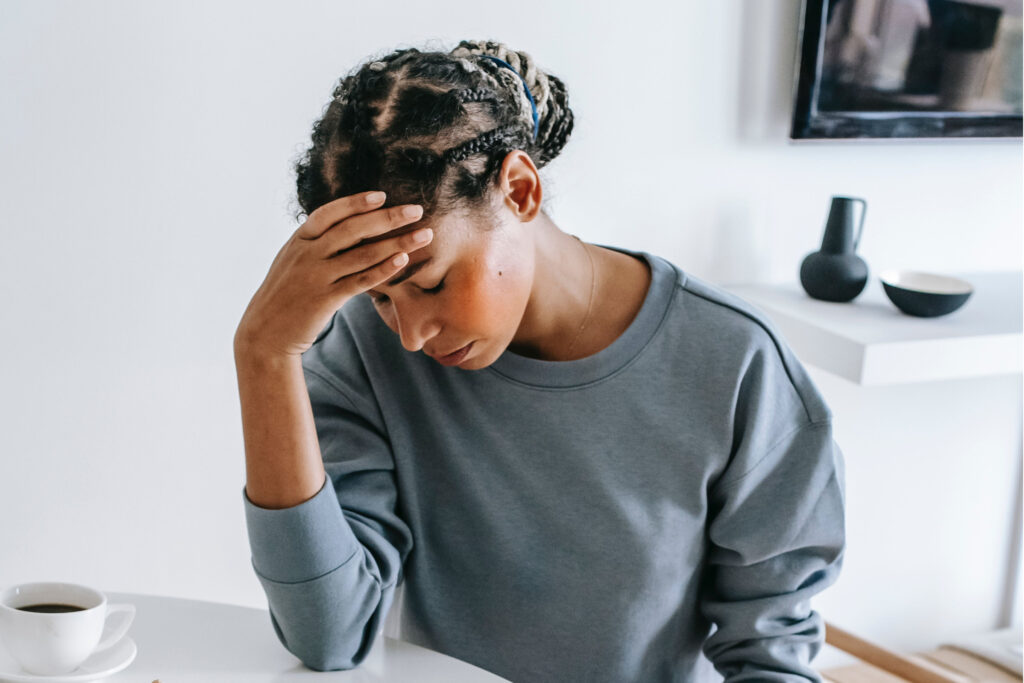
Steer clear of DIY.
We love a bit of DIY, but it’s a definite no-go when it comes to gas appliances.
Do not try to fit, fix or move gas appliances such as boilers, cookers or fires yourself, as you could cause a leak or something worse.
And if you’re drilling, hammering or putting screws into a wall or floor, check what’s behind it first. You don’t want to accidentally hit a gas supply.
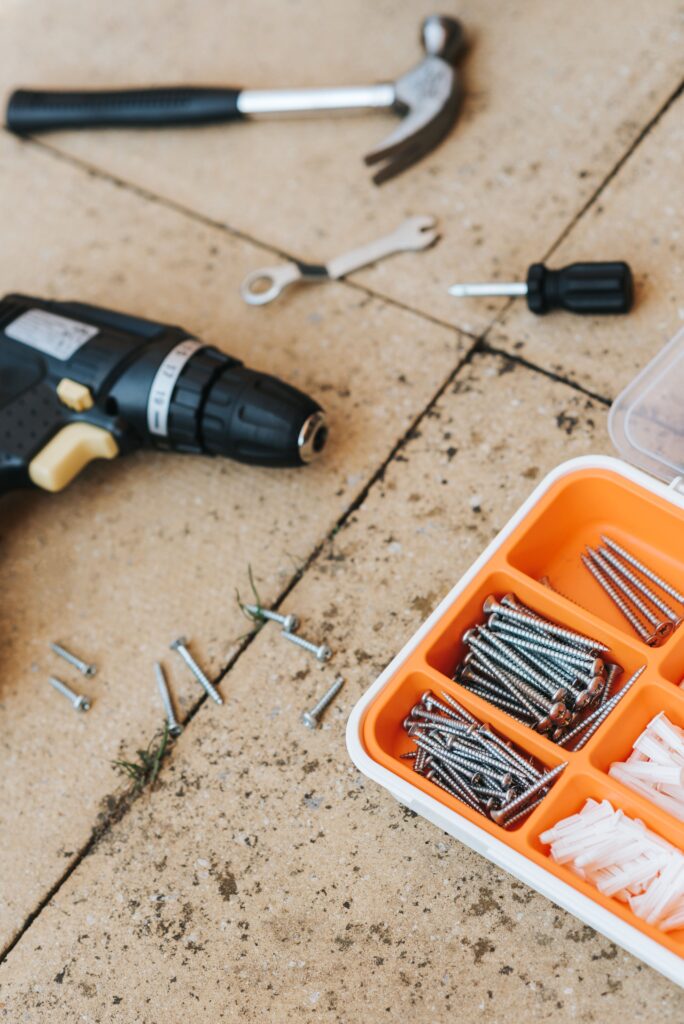
Use gas appliances only for their intended purpose.
Don’t be tempted to use them for something they weren’t meant for (e.g using a gas cooker to heat a room).
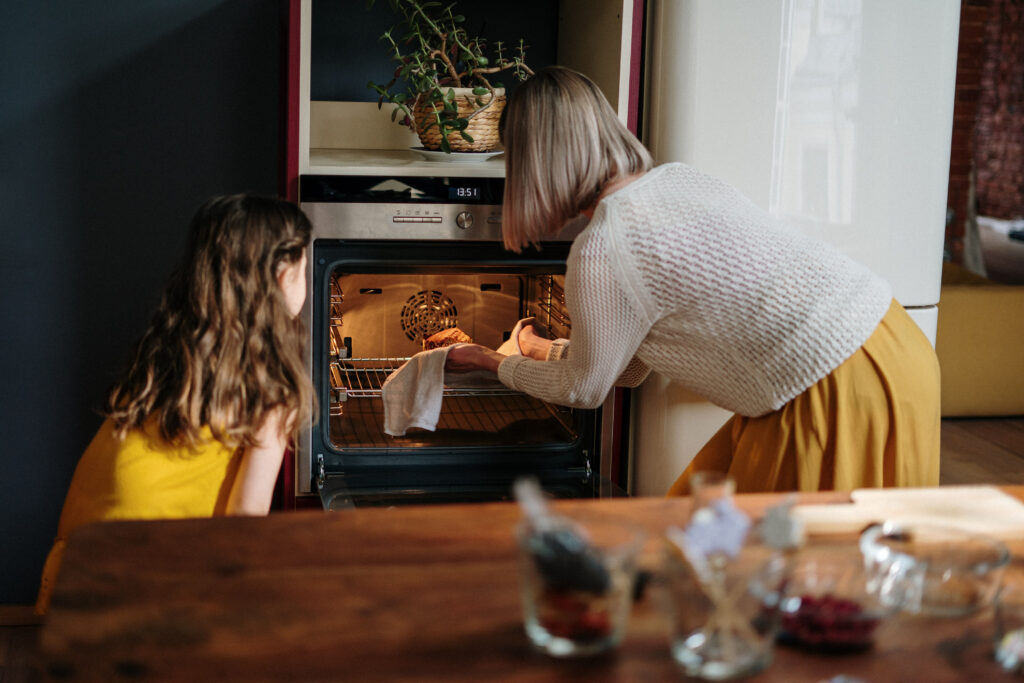
Know the emergency procedure.
If you smell gas or suspect immediate danger, make sure you familiarise yourself with the emergency procedure and contact the relevant number for your UK region.
